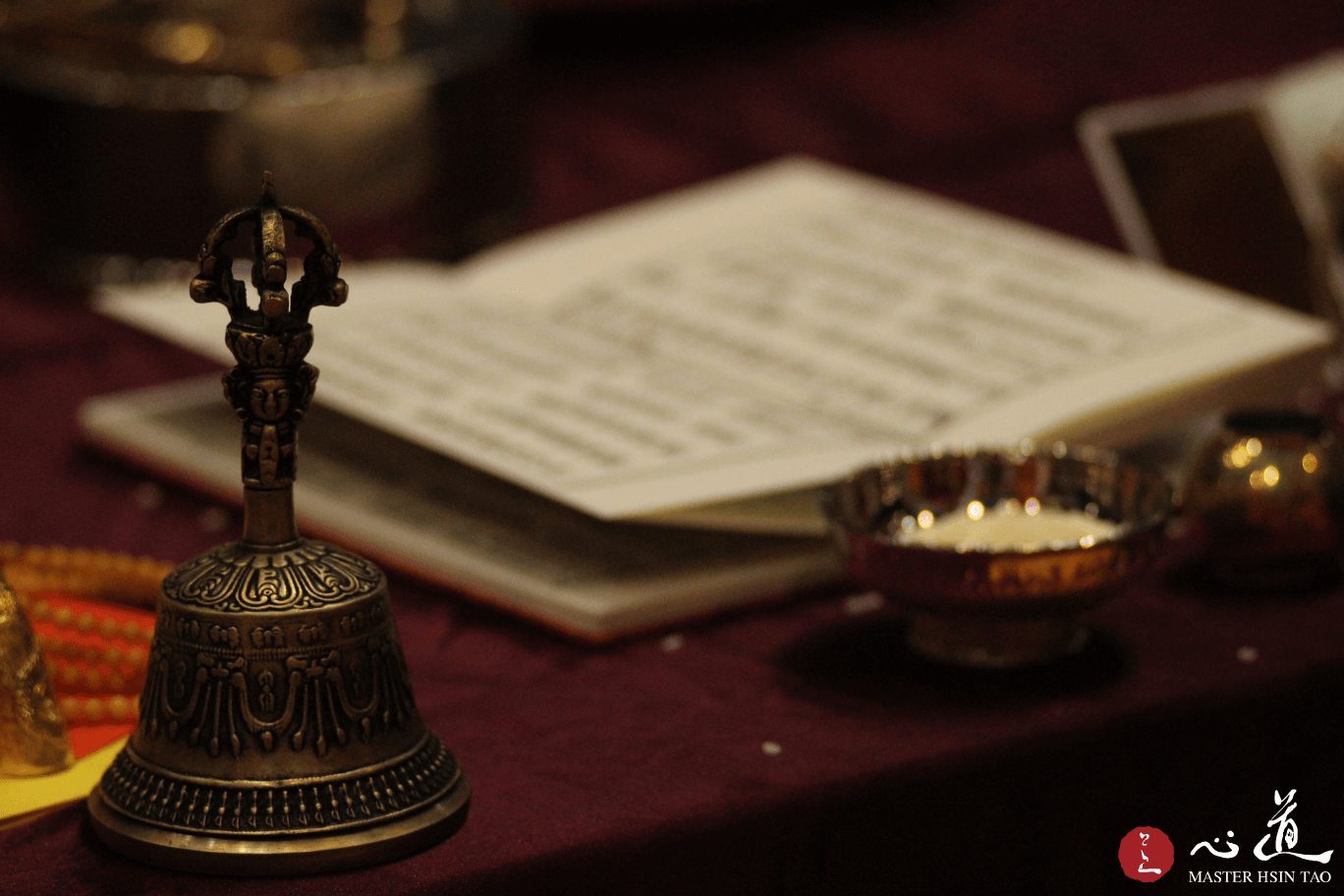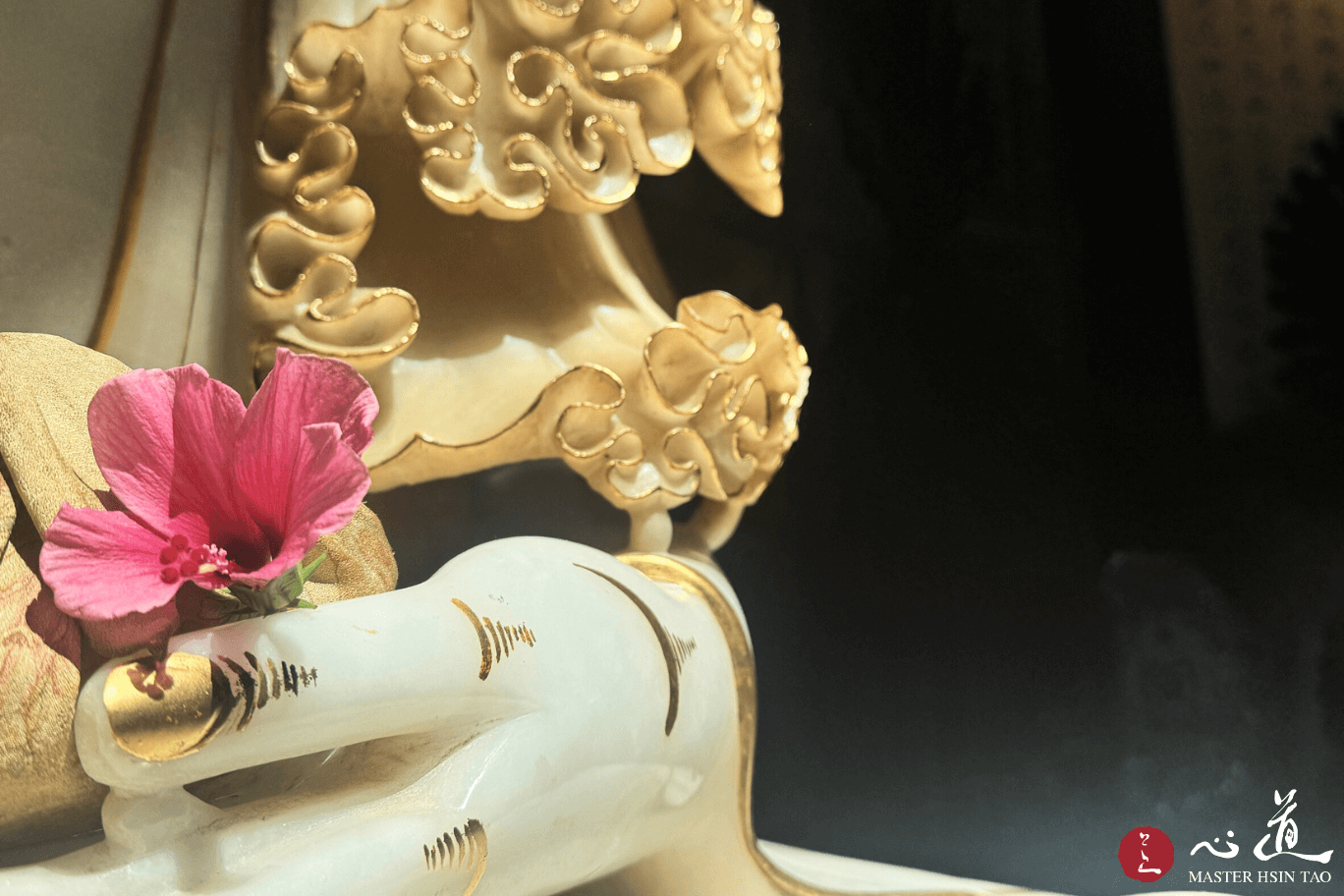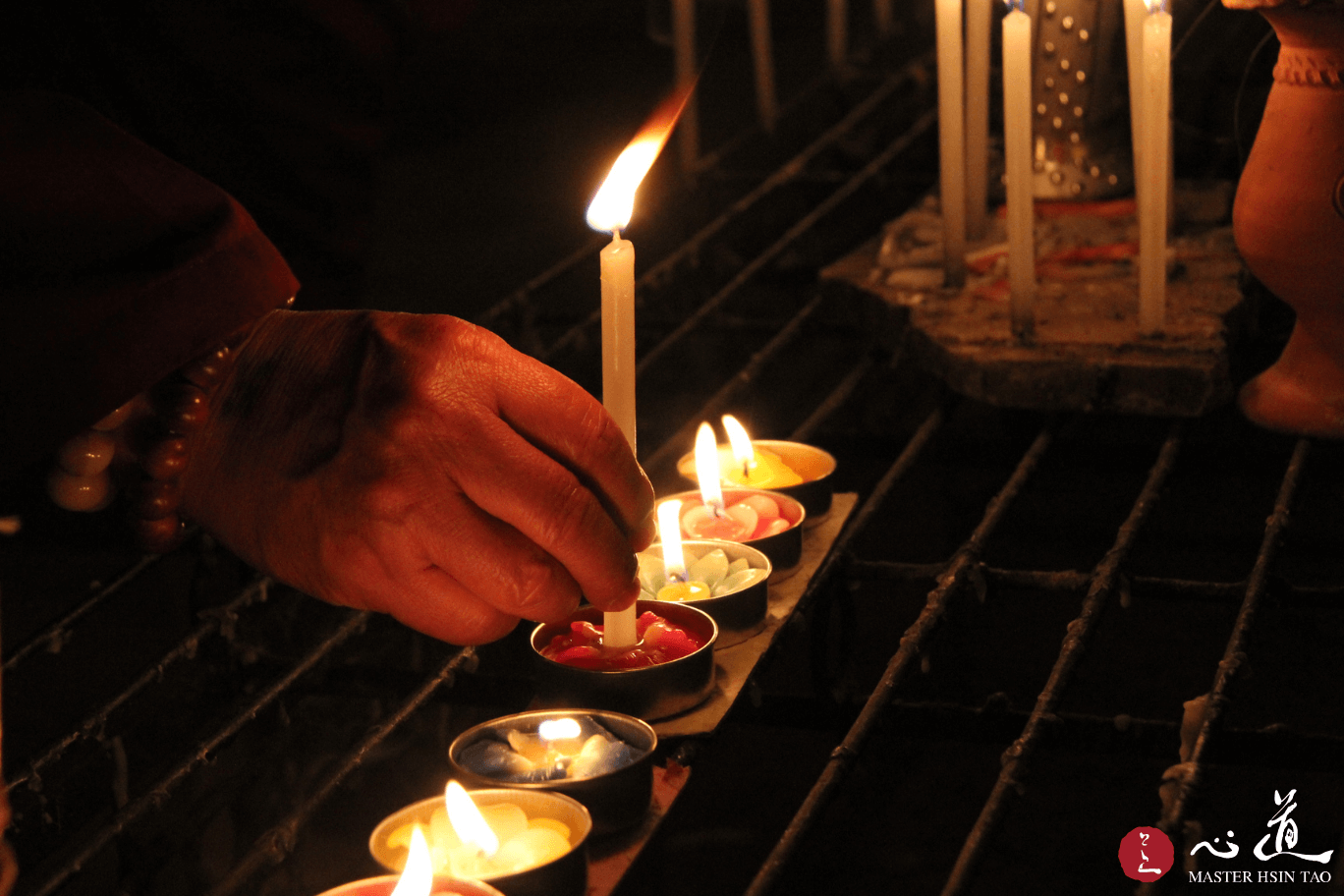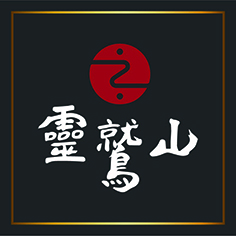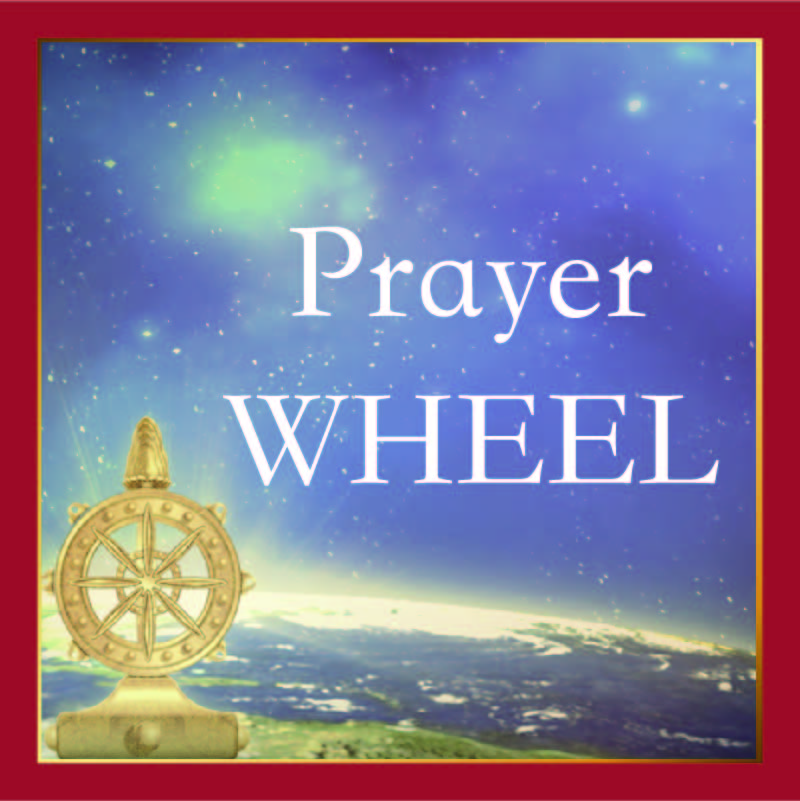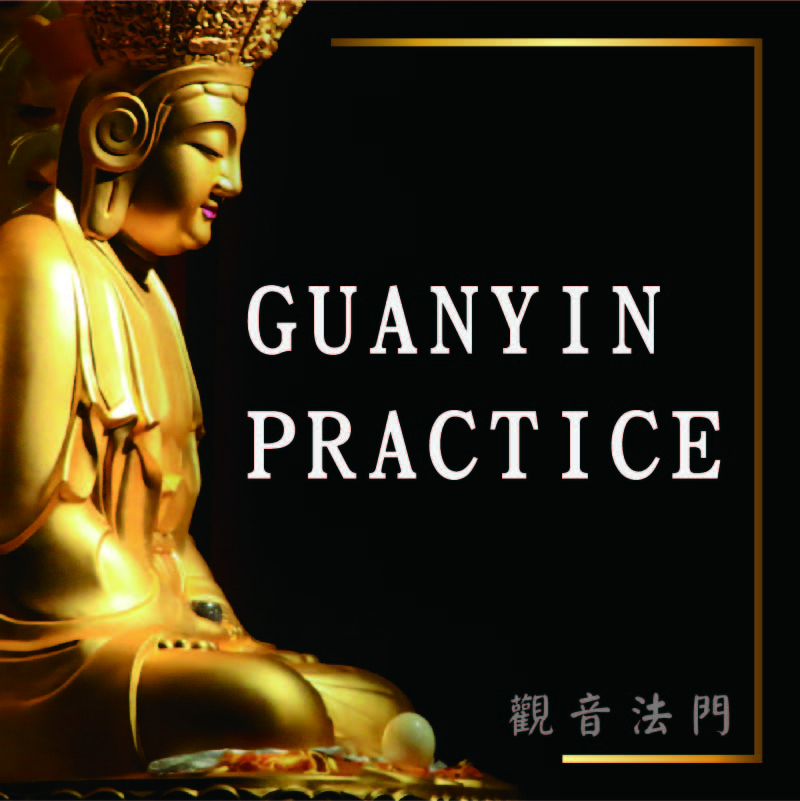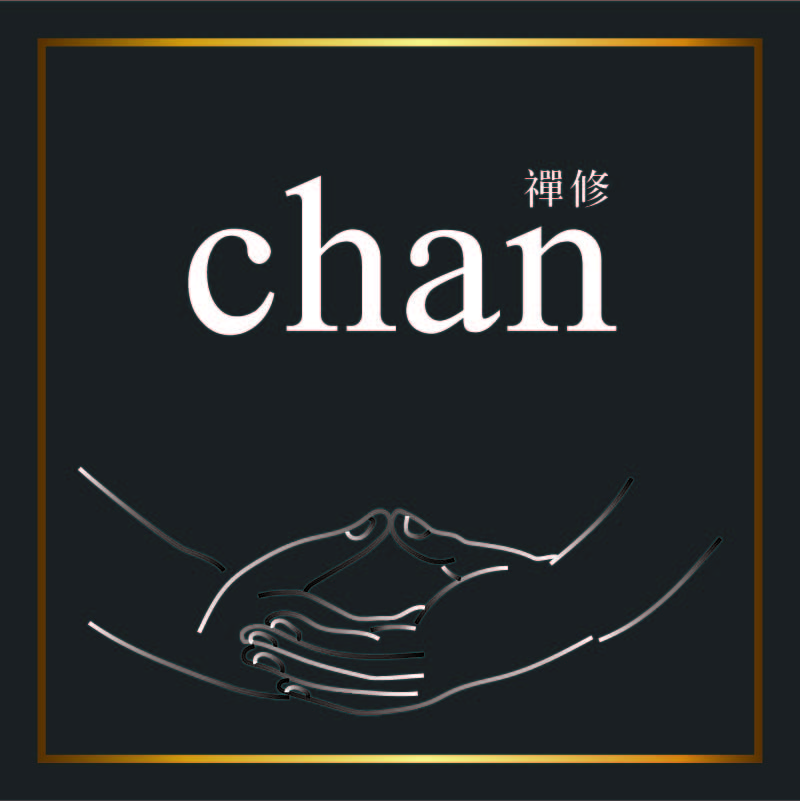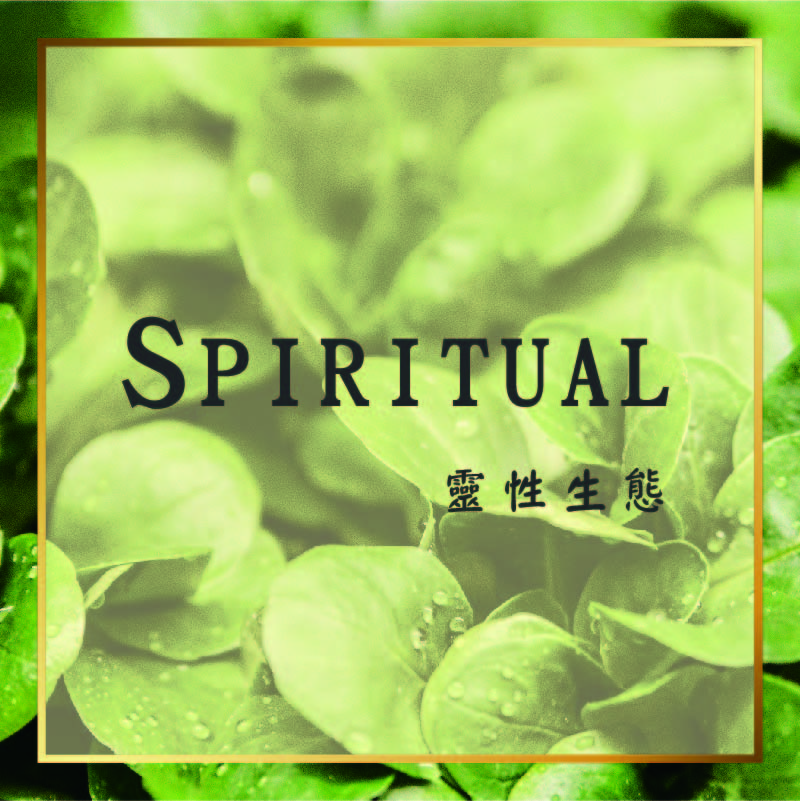
Contemplate the Mind and Rest in Its Natural Ease
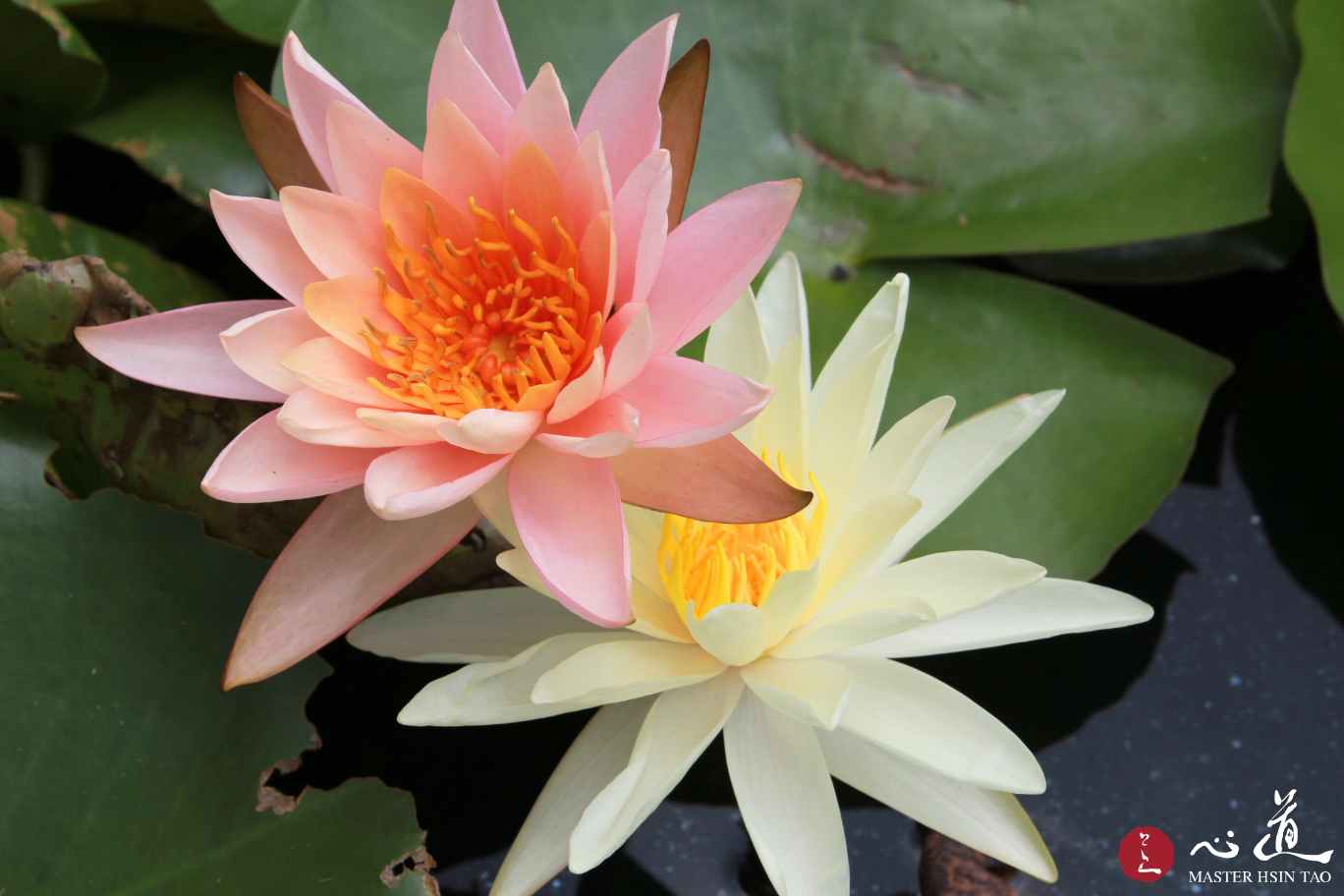 To study and practice the Dharma, one must begin by purifying one’s intentions, and then gradually extend this purity into daily life. What is emptiness? It is the direct insight into all conditions—seeing through both existence and nonexistence alike. Even “nonexistence” itself is something that must be examined and realized as emptiness. Since all phenomena are, in essence, unattainable, we should not become attached to anything. We must slowly cultivate a mind of non-attainment. A monastic life is exceedingly precious; a single unwholesome intention or thought may lead one astray by a thousand miles. Every rising thought of ordinary people is defiled by karmic obscurations, defilements, and clinging to external conditions. Therefore, we must exert ourselves in maintaining purity in each arising of thought, so that the continuum remains pure and undeluded. Human birth is rare and precious; we must cherish the opportunity of monasticism, applying the Dharma to transcend birth and death and to uproot the afflictions.
To study and practice the Dharma, one must begin by purifying one’s intentions, and then gradually extend this purity into daily life. What is emptiness? It is the direct insight into all conditions—seeing through both existence and nonexistence alike. Even “nonexistence” itself is something that must be examined and realized as emptiness. Since all phenomena are, in essence, unattainable, we should not become attached to anything. We must slowly cultivate a mind of non-attainment. A monastic life is exceedingly precious; a single unwholesome intention or thought may lead one astray by a thousand miles. Every rising thought of ordinary people is defiled by karmic obscurations, defilements, and clinging to external conditions. Therefore, we must exert ourselves in maintaining purity in each arising of thought, so that the continuum remains pure and undeluded. Human birth is rare and precious; we must cherish the opportunity of monasticism, applying the Dharma to transcend birth and death and to uproot the afflictions.
All that we do is not for showcasing oneself or personal recognition. The actions of a monastic arise from love, dedication, and service—they are works of benefiting both self and others. The Chan teaching is founded upon the realization that “all is of emptiness.” Therefore, what purpose is there to pursue fame or gain? The principles I have repeatedly emphasized, “Life is the field of merit; work is Dharma practice,” are intended to help all realize this goal. This is also an expression of taking responsibility for oneself. Hence, we must apply wisdom to accomplish the twofold benefit of self and others, and employ skillful means to bring about favorable conditions that lead to the fulfillment of the welfare of all beings.
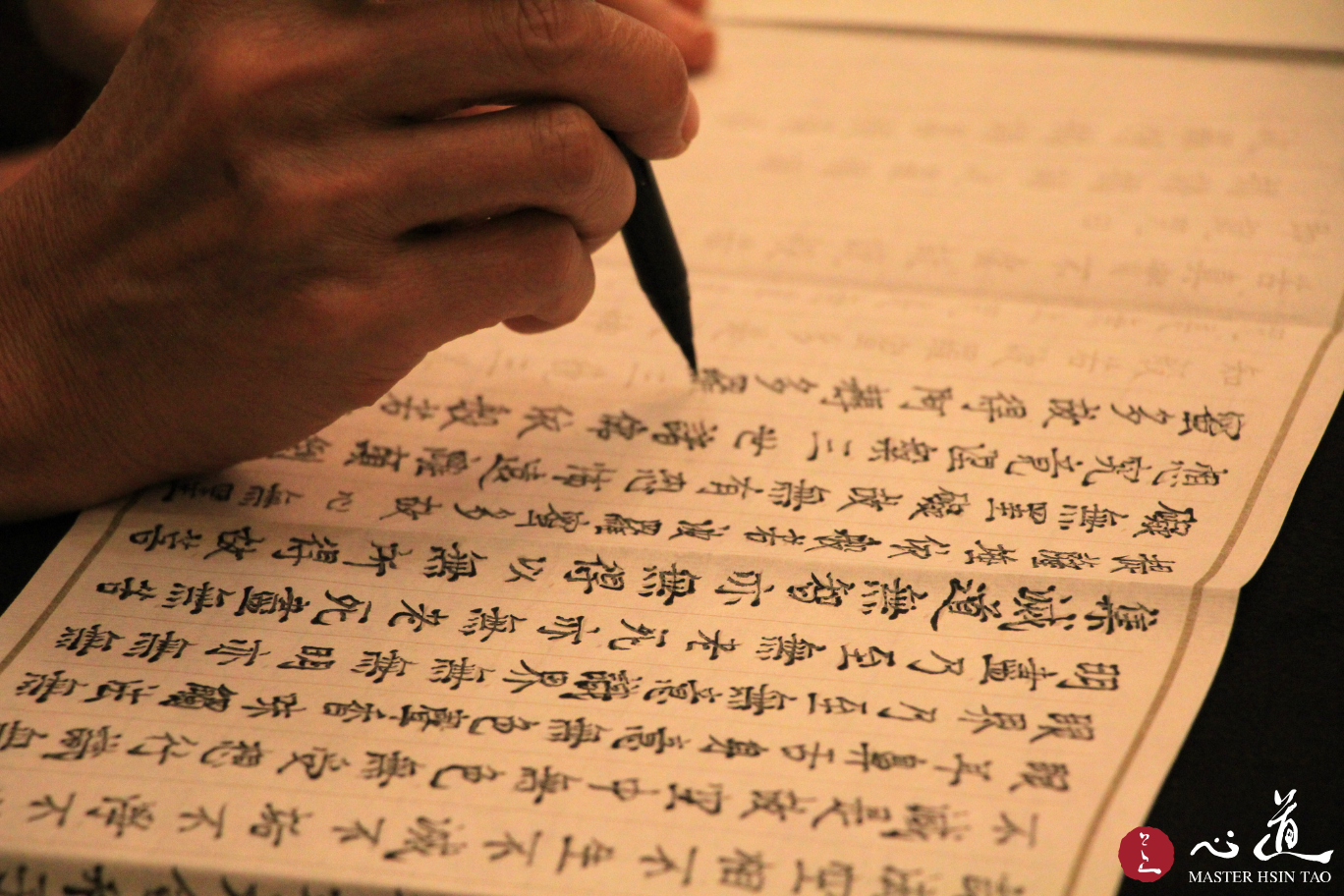 We continually generate excessive ideas and attachments that bind our minds. Drawn along by these thoughts and attachments, we become as unfree as an ox led by a ring through its nose. Who is it that deprives us of freedom? It is none other than ourselves. Our conceptions are our prisons; the more conceptions we create, the more prisons we construct, and thus our habitual tendencies multiply, bringing endless suffering. When these prisons diminish, our suffering will lessen as well. Yet, the one who tied the bell must untie it—we must learn to free ourselves. To perceive life through contemplative awareness is liberation; to live in delusion is to remain within the karmic cycle of rebirth. Only by taming our own minds can we realize true freedom—this is the Dharma of Mind, wherein there is no mind to be found. The purpose of practice is to remove the inner chains that bind us and to liberate the mind. The person who can tame themselves at all times and in all places is the happiest of all beings. One who conquers oneself is a true victor; one who seeks to conquer others is already defeated. Therefore, we must apply the wisdom of emptiness to tame and contemplate our own minds, to cast off all fetters, and to abide in the natural ease of the mind.
We continually generate excessive ideas and attachments that bind our minds. Drawn along by these thoughts and attachments, we become as unfree as an ox led by a ring through its nose. Who is it that deprives us of freedom? It is none other than ourselves. Our conceptions are our prisons; the more conceptions we create, the more prisons we construct, and thus our habitual tendencies multiply, bringing endless suffering. When these prisons diminish, our suffering will lessen as well. Yet, the one who tied the bell must untie it—we must learn to free ourselves. To perceive life through contemplative awareness is liberation; to live in delusion is to remain within the karmic cycle of rebirth. Only by taming our own minds can we realize true freedom—this is the Dharma of Mind, wherein there is no mind to be found. The purpose of practice is to remove the inner chains that bind us and to liberate the mind. The person who can tame themselves at all times and in all places is the happiest of all beings. One who conquers oneself is a true victor; one who seeks to conquer others is already defeated. Therefore, we must apply the wisdom of emptiness to tame and contemplate our own minds, to cast off all fetters, and to abide in the natural ease of the mind.


